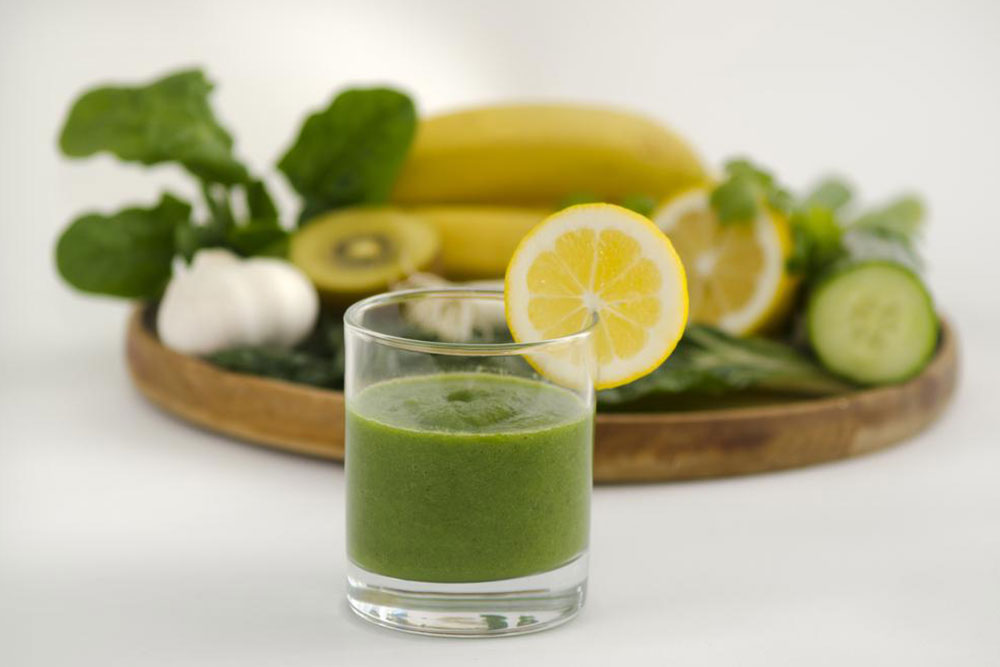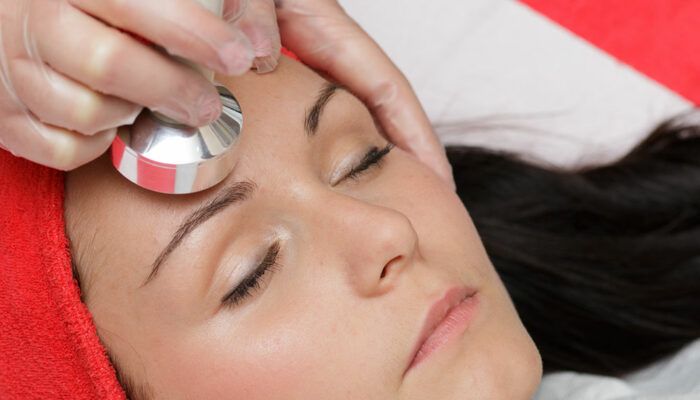
Dietary Changes for Diabetics
Diabetes is one of the most common health conditions in the world today. It is a disease wherein the blood sugar levels are high. This happens when the insulin produced by the pancreas is in deficit or ineffective in keeping the blood sugar levels in control.
1. What are the types of diabetes?
There are four main types of diabetes, including:
- Type 1 diabetes is a chronic disease wherein the pancreas produces less or no insulin at all.
- Type 2 diabetes is a chronic condition that affects how the body processes glucose.
- Prediabetes is a type where the blood sugar is high but not as high as in type 2 diabetes.
- Gestational diabetes affects pregnant women and mostly recedes after pregnancy.
2. What is the main cause of diabetes?
Type 1 diabetes occurs when the immune system destroys insulin-producing cells in the pancreas, which helps in keeping the blood sugar levels in check. This type may also be caused by genes and influenced by environmental factors like viruses, which trigger it.
3. Why does diet matter for diabetics?
In diabetes, the body stops producing insulin. So, it is vital to take insulin as a part of the treatment every day. It is important to keep your blood sugar levels in control. While insulin treatment is being taken, exercise and diet play very important roles in keeping the blood sugar levels stable.
4. What are the foods that increase the risk of type 2 diabetes?
These 4 food groups are known to increase the risk of type 2 diabetes:
- Highly processed carbohydrates
- Sugar-sweetened drinks
- Trans fats and saturated fats
- Red and processed meat
5. What are the foods to avoid for diabetes type 1?
Certain foods are best to stay away from when diagnosed with diabetes type 1:
- Sodas
- Any snacks with refined or processed carbohydrates
- Trans fats or products with high-fat animal products
It is vital to follow the right diet when diagnosed with type 1 diabetes as food plays a vital role in the treatment.
6. What are the foods to eat for a person with diabetes type 1?
- Whole wheat
- Brown rice
- Quinoa
- Oatmeal
- Vegetables
- Fruits
- Lentils
- Beans
7. What are the best snacks for patients with diabetes?
Here are some healthy snacks for diabetes:
- Hard-boiled eggs
- Yogurt with berries
- Almonds
- Hummus and veggies
- Avocado
- Roasted chickpeas
- Turkey roll-up
- Cottage cheese
- Cheese and grain crackers
- Tuna salad
- Popcorn
- Chia seed pudding
- Black bean salad
- Trail mix
- Edamame
- Homemade protein bars
- Peanut butter celery sticks
- Egg muffins
8. What are the fruits that patients can have as snacks for diabetes?
- Berries for disease-fighting antioxidants
- Tart cherries that fight inflammation
- Sweet and juicy peaches for boosting metabolism with potassium
- Apricots for their rich fiber content
- Apples for vitamin C and fiber content
- Oranges for vitamin C
- Pears for fiber and vitamin K
- Green kiwi for fiber, potassium, and vitamin C
9. What are the ways to naturally bring down blood sugar levels?
- Exercise regularly
- Reduce carb intake
- Increase fiber intake
- Drink adequate amounts of water
- Regulate calorie intake
- Control stress levels
- Monitor blood sugar levels
- Get enough sleep
- Have foods rich in magnesium and chromium
- Try apple cider vinegar
10. What are the treatments for diabetes?
Doctors prescribe medications based on the stage and type of diabetes. Along with medication, lifestyle changes form part of the treatment. Diabetes requires constant monitoring and lifestyle changes. Snacks for diabetes patients should not be loaded with carbs, and the blood sugar levels need to be checked regularly.



